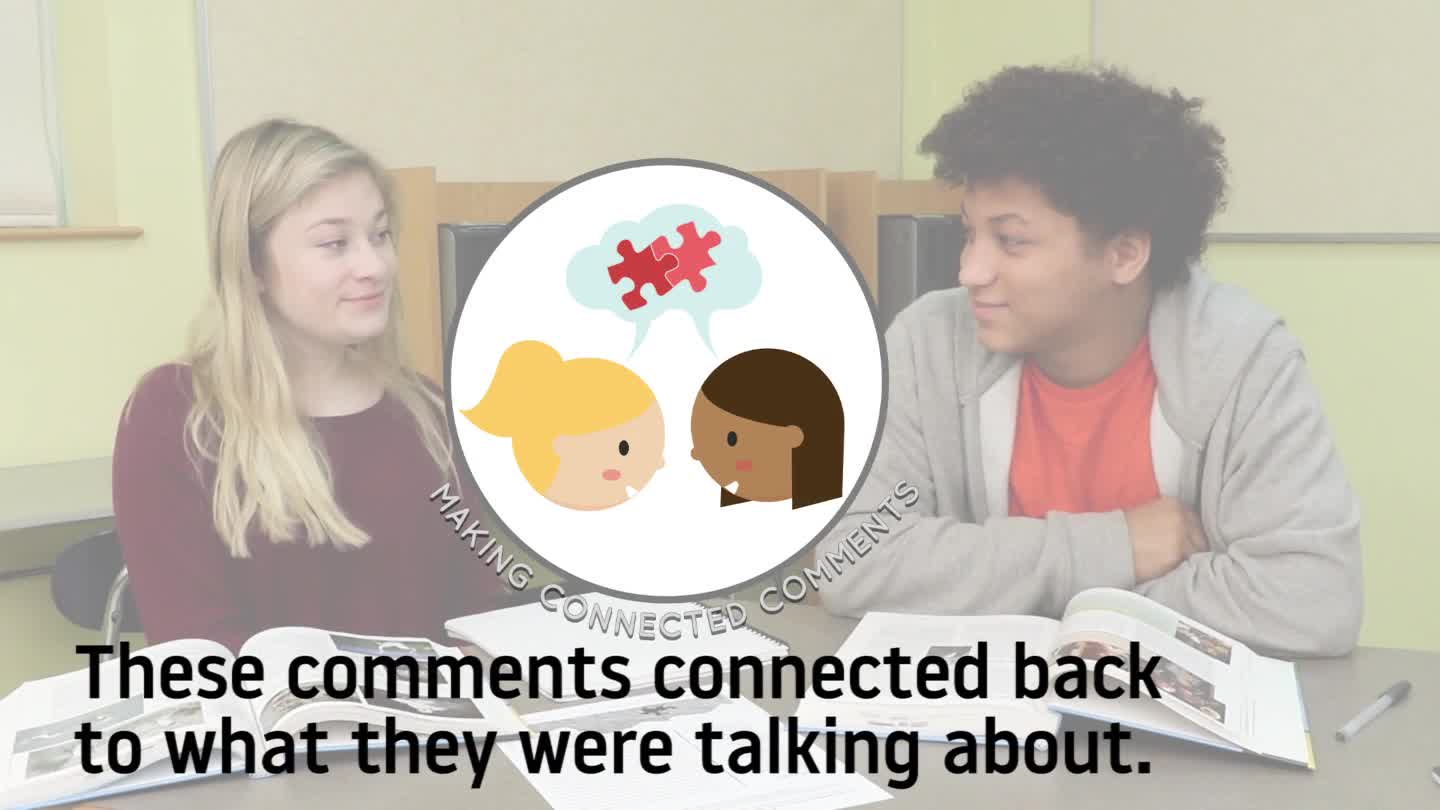
Introduction
Engaging in meaningful conversations is an essential skill for students to develop. By learning to ask questions, make comments, and shift to new topics, students can actively participate in conversations and build strong connections with others. This blog post will discuss strategies to enhance conversation skills, incorporating principles of Social-Emotional Learning, and provide an easy-to-implement activity for educators.
No-Prep Activity: Conversational Tennis
This activity requires no preparation or materials from the educator and helps students practice their conversational skills. Divide the class into pairs, and have each pair stand or sit facing each other. Explain that they will be playing “Conversational Tennis,” where the goal is to keep the conversation going by asking questions, making comments, or shifting to a new topic.
Start the activity by having one student initiate a conversation with their partner. The partner should respond by either asking a question, making a comment, or shifting to a new topic. The conversation should continue, with each student taking turns to respond using one of the three techniques. Encourage students to focus on listening and observing their partner’s cues to determine when to talk and what to say. After a few minutes, have the students switch partners and repeat the activity.
Discussion Questions
- How did it feel to engage in a conversation using the three techniques: asking questions, making comments, and shifting to new topics? Which technique did you find the easiest or most challenging to use?
- In what situations might it be helpful to use these conversation techniques? How can they help build connections with others?
- What are some strategies you can use to actively listen and observe your conversation partner’s cues? How does this help you determine when to speak and what to say?
- How can practicing these conversation skills help you develop empathy and understanding for others?
- Why is it important to practice and improve our conversation skills, even if we feel we are already good at it?
Related Skills
Developing effective conversation skills can also help students improve other related abilities, such as:
- Active listening
- Empathy and understanding
- Nonverbal communication (e.g., body language, facial expressions)
- Assertiveness and self-expression
- Conflict resolution
Next Steps
Practicing conversation techniques is a valuable way to enhance students’ social-emotional growth and foster stronger connections with others. To further support your students, consider signing up for free samples of skill-building resources and activities from Everyday Speech. Explore a wide range of materials designed to help students develop their conversation skills and other essential social-emotional competencies.

